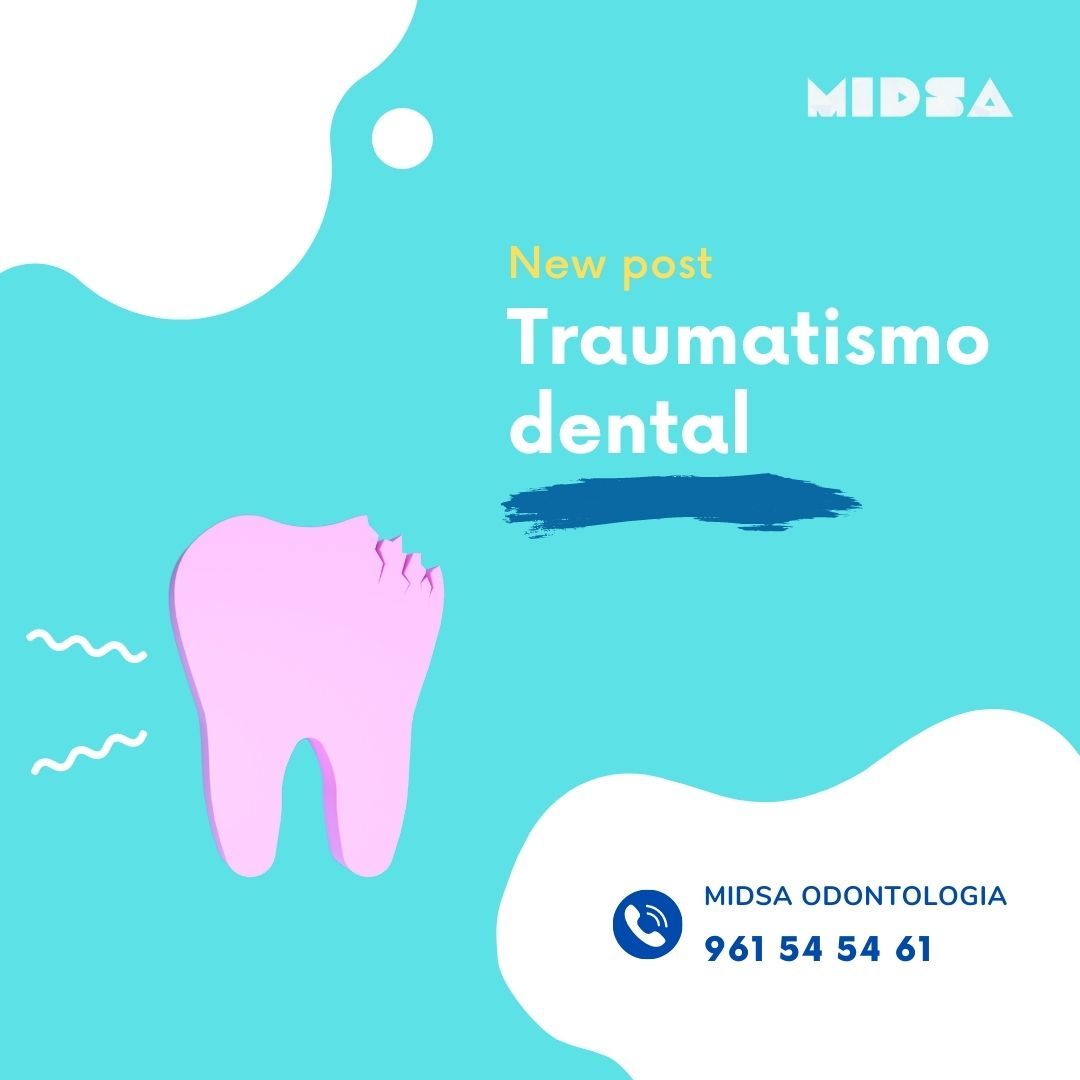How many times have we heard things like: "the more it itches, the more it heals" or "if it doesn't hurt, it's nothing". Well, we are more wrong than we think.
Today we debunk 7 myths about oral hygiene:
1. Bleeding gums are normal
At no time is bleeding gums normal; on the contrary, it is a warning sign. As the SEPA warns, "bleeding gums are a sign of inflammation and disease". If this happens to us, we should go to the dentist quickly.
2. If it doesn't hurt, it's not important.
Error. Periodontitis, also known as pyorrhoea, in the initial stages does not present any apparent signs or symptoms, nor pain. However, periodontitis is associated with an increased risk of very dangerous and potentially fatal diseases, such as cardiovascular diseases, diabetes or cancer.
3. Smokers are 'protected' from periodontal disease
Bleeding gums are less common in smokers than in the rest of the population. But smoking does NOT protect against periodontitis. On the contrary, smokers have a three times higher risk of suffering from the disease and of it progressing more rapidly.
4. Maintenance treatments wear down my teeth.
Tooth enamel is the hardest and most resistant part of the body. Therefore, maintenance treatments do not wear down the tooth. SEPA states that, "periodontal maintenance is indispensable for the patient with periodontitis, since it is necessary to periodically remove bacterial plaque and calculus deposits on a regular basis in order to avoid relapse and progression of the disease. This ongoing treatment does not lead to tooth wear".
5. Mouthwash, the more it 'stings', the more it cures
Strong mouthwash or mouthwash with a lot of alcohol is not always better for gum health. They can cause dry oral tissues. In addition, they should always be used as a complement to brushing, as they alone are not effective in controlling plaque.
6. Regular cleanings replace periodontal treatment.
Periodontal treatment is not limited to a simple cleaning of the oral cavity, but is an individualised medical action according to the situation of each patient at a specific moment in time.
7. Chewing gum can be a substitute for oral hygiene
It cannot replace daily oral hygiene. Chewing gum or eating crunchy foods such as fruit and vegetables promotes dental self-cleaning. But what chewing gum actually does is a pulling effect and an increase in salivation, which contributes to the removal of plaque.



